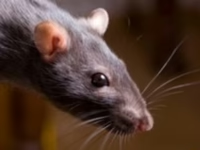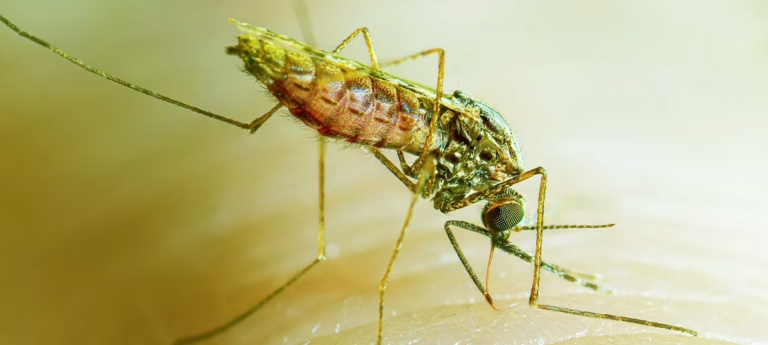Scientists have documented the inaugural presence of mosquitoes in Iceland, a location previously regarded as one of the few remaining mosquito-free zones on the planet.
Matthias Alfredsson, an entomologist at Iceland’s Natural Science Institute, revealed to AFP that three Culiseta annulata mosquitoes-comprising two females and one male-were recently identified approximately 30 kilometers north of Reykjavik.
Alfredsson described the collection technique, which involved hanging ropes soaked in warm, sweetened wine outdoors to attract moths, inadvertently capturing the mosquitoes in the process.
Prior to this finding, Iceland, along with Antarctica, was among the rare regions without indigenous mosquito species.
“This marks the first confirmed observation of mosquitoes inhabiting Iceland’s natural environment,” Alfredsson stated.
He also mentioned a past incident where a lone Aedes nigripes mosquito, native to Arctic areas, was found on a plane at Keflavik Airport, though that specimen was subsequently lost and never confirmed as established in the wild.
Alfredsson hypothesized that these mosquitoes might have been unintentionally introduced through maritime vessels or cargo shipments, possibly linked to commercial or tourist activities. Nonetheless, he emphasized the necessity for further research to assess whether these insects can endure Iceland’s severe winter conditions.
“Ongoing surveillance during the upcoming spring season will be crucial to ascertain if a sustainable mosquito population has been established,” he added.
The Culiseta annulata species is recognized for its hardiness in frigid environments and its capacity to survive extended freezing periods. Alfredsson highlighted that its ecological flexibility and diverse breeding sites could enable it to thrive despite Iceland’s demanding climate.



















